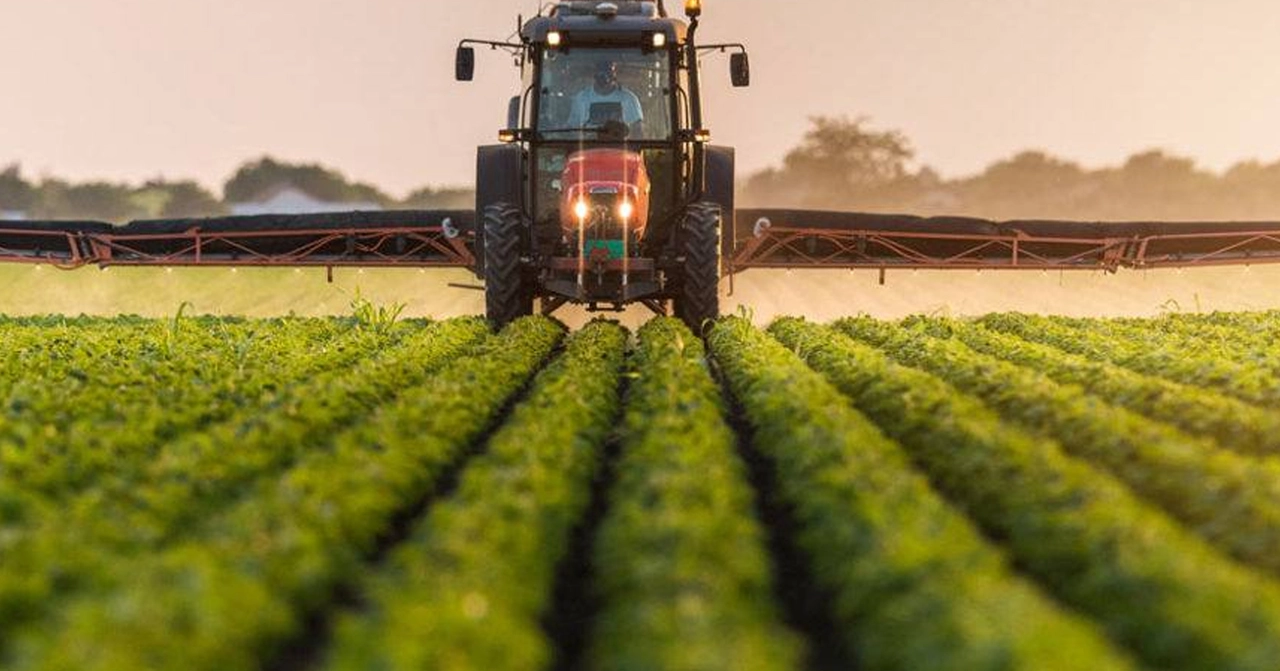Farming isn’t just about crops and animals — it shapes the medicines we take and the risks we face. From antibiotics given to livestock to plants grown for drug ingredients, agriculture touches drug safety, resistance, and availability. If you care about medicine effectiveness and food safety, this page shows what matters and what you can do.
Antibiotics used on farms can change how well antibiotics work for people. When animals get routine antibiotics, bacteria can become resistant. Those resistant bacteria can spread through food, water, or contact, making some human infections harder to treat. That’s why vets and farmers shifting to targeted use and better hygiene matters for everyone.
Beyond antibiotics, farm practices affect drug residues in food. Pesticides, growth promoters, or veterinary drugs can leave traces in meat, milk, or produce. Most countries set safe limits, but inconsistent rules and poor enforcement can raise exposure risks. Reading labels and choosing trusted suppliers helps reduce that risk.
Agriculture is also a source of many medicines. Plants have provided key drug ingredients — think aspirin from willow or paclitaxel from yew trees. Farmers and researchers grow medicinal plants or engineer crops to produce pharmaceutical compounds. That’s a growing field called 'pharming' or plant-made pharmaceuticals, and it can lower drug costs when done properly and safely.
Buy from brands or stores you trust. Look for supply chains that disclose animal treatment and pesticide use. Labels like organic or certified-responsible don’t solve everything, but they often mean fewer routine antibiotics and stricter residue controls.
Ask your pharmacist or doctor about antibiotic stewardship. If you need antibiotics, follow your prescription exactly and avoid pressuring providers for drugs when they aren’t needed. Your choices lower the chance that resistant bacteria spread from farms into your community.
When possible, choose meat and dairy with clear sourcing. Small local farms that use vet oversight and limit routine antibiotics can be better options. For plant-based medicines, buy from reputable suppliers who test for contaminants and verify species — herbal products can vary widely in quality and safety.
Support policies and programs that push for better farming practices: stronger residue testing, veterinary oversight, and incentives for antibiotic-free production. Public health depends on smarter choices at the farm level as much as in the clinic.
Farming and medicine are linked in ways you might not expect. By picking safer food sources, following proper drug use, and asking the right questions, you help protect medicine effectiveness for yourself and your community.

As a copywriter, I've been researching the use of ampicillin in agriculture, and I've learned that it plays a crucial role in treating infections in both crops and livestock. Ampicillin, a type of penicillin, is effective in combating various bacterial infections that can negatively impact the health and productivity of plants and animals. Farmers rely on this antibiotic to maintain the quality of their produce and the well-being of their livestock. It's important to use ampicillin responsibly, as overuse can lead to antibiotic resistance, posing a threat to both agriculture and human health. Overall, ampicillin is a valuable tool in modern agriculture, helping to keep our food supply safe and abundant.